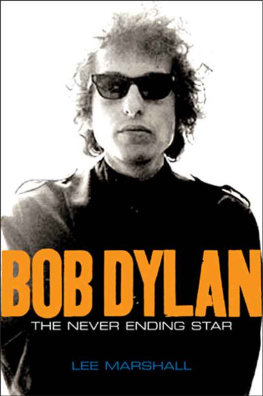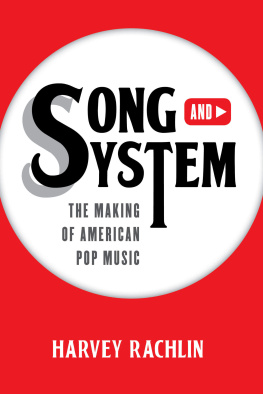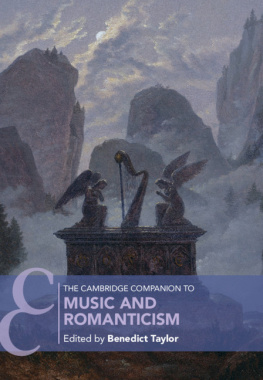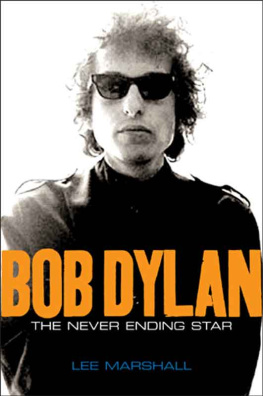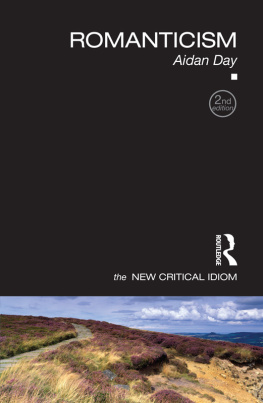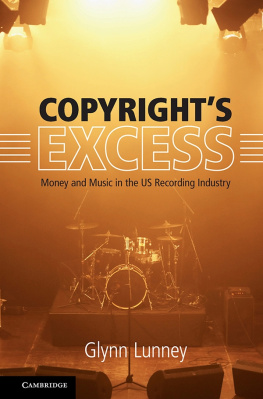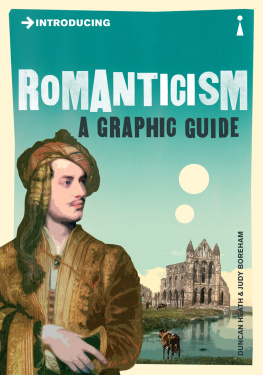Lee Marshall - Bootlegging: Romanticism and Copyright in the Music Industry
Here you can read online Lee Marshall - Bootlegging: Romanticism and Copyright in the Music Industry full text of the book (entire story) in english for free. Download pdf and epub, get meaning, cover and reviews about this ebook. year: 2005, publisher: Sage Publications, genre: Art. Description of the work, (preface) as well as reviews are available. Best literature library LitArk.com created for fans of good reading and offers a wide selection of genres:
Romance novel
Science fiction
Adventure
Detective
Science
History
Home and family
Prose
Art
Politics
Computer
Non-fiction
Religion
Business
Children
Humor
Choose a favorite category and find really read worthwhile books. Enjoy immersion in the world of imagination, feel the emotions of the characters or learn something new for yourself, make an fascinating discovery.

- Book:Bootlegging: Romanticism and Copyright in the Music Industry
- Author:
- Publisher:Sage Publications
- Genre:
- Year:2005
- Rating:3 / 5
- Favourites:Add to favourites
- Your mark:
- 60
- 1
- 2
- 3
- 4
- 5
Bootlegging: Romanticism and Copyright in the Music Industry: summary, description and annotation
We offer to read an annotation, description, summary or preface (depends on what the author of the book "Bootlegging: Romanticism and Copyright in the Music Industry" wrote himself). If you haven't found the necessary information about the book — write in the comments, we will try to find it.
Bootlegging: Romanticism and Copyright in the Music Industry — read online for free the complete book (whole text) full work
Below is the text of the book, divided by pages. System saving the place of the last page read, allows you to conveniently read the book "Bootlegging: Romanticism and Copyright in the Music Industry" online for free, without having to search again every time where you left off. Put a bookmark, and you can go to the page where you finished reading at any time.
Font size:
Interval:
Bookmark:
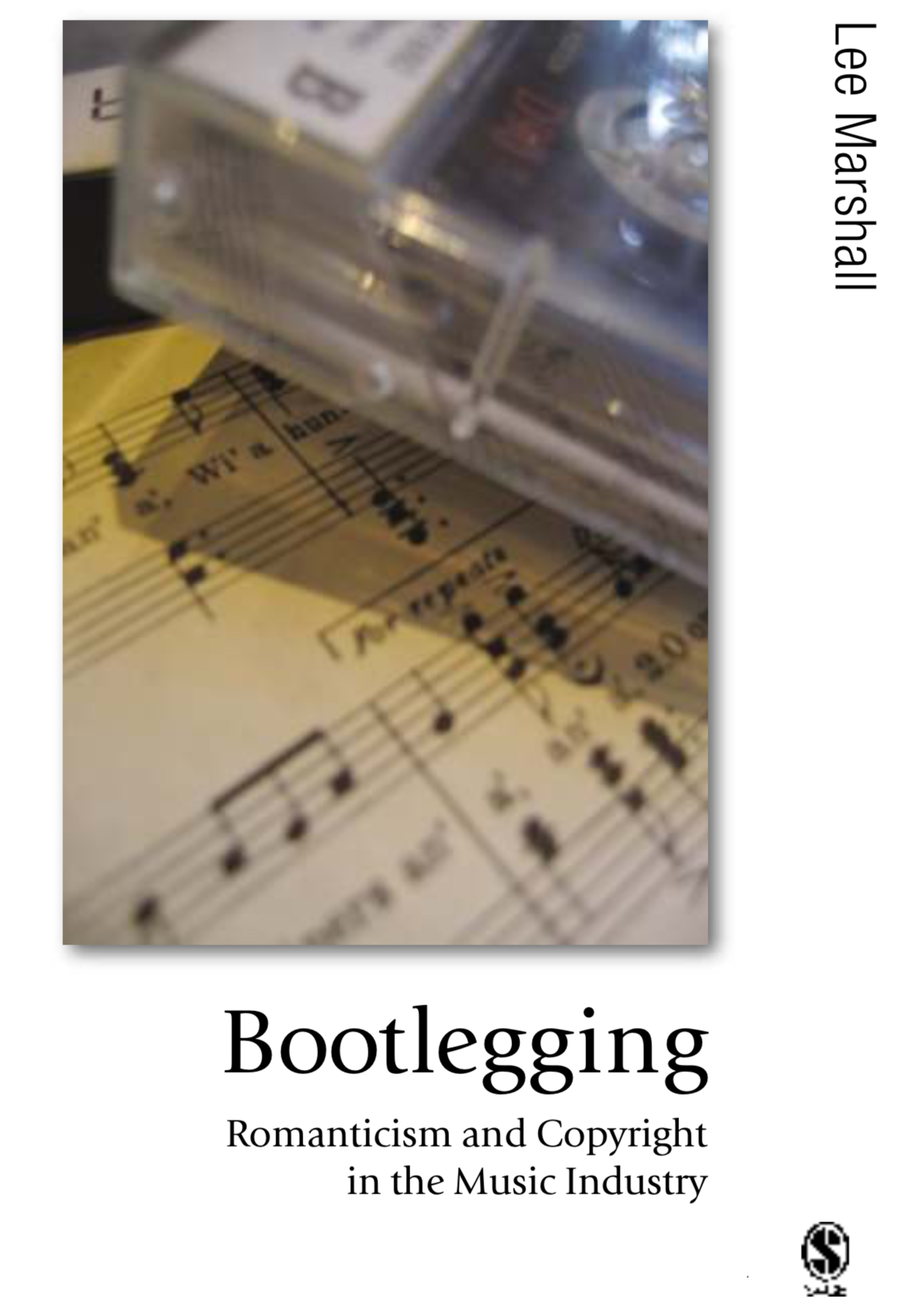
When I submitted my PhD thesis, from which this current work stems, I had to declare that it was all my own work. Hopefully, this book will make it clear why such a statement was both fallacious and ironic but, if it doesnt, then let these acknowledgements guide you to where full credit is due.
Without doubt, the towering influence over my development as an academic has been Robert Fine. Since supervising my rather misguided undergraduate dissertation, he has been an inspiring teacher with boundless intellectual generosity. Bob, I salute you, and I hope you think your effort worthwhile. Its not all Bobs work either, however; other intellectual debts are owed. While a student at Warwick, I benefited from the experience of a number of great teachers and I would like to mention two: Margaret Archer for encouraging me to continue my studies, and Jim Beckford, whose style and incision worthy reflections of the 61 Double winners are a model for fledgling academics. From my time at the University of East Anglia, many thanks to Tim Dant who helped knock my thesis into something resembling a book, and John Street. I miss our chats and am sorry I couldnt stay around longer to talk. To my new colleagues at the University of Bristol: thanks for being so, well, nice and for providing a stimulating academic environment. Such stimulation is assisted by my membership of IASPM the International Association for the Study of Popular Music and my thanks to all of the friends I have there. To Simon Frith, who I now find slightly less intimidating than when I first met him in my viva, my thanks for advice and encouragement in my early career. Ditto Martin Kretschmer. Finally, thanks to Tom Osborne and Martin Willis, the two suckers who volunteered to read the whole manuscript: Im sure the work is better because of your input.
This research was completed during the period 19972000 with the aid of a research studentship from the ESRC. Thanks to Clinton Heylin for sparing time to answer my questions, and to the bootleggers and collectors who were part of my study. Thanks to my trading friends for comradeship and many, many hours of joyful listening: to feel such communal bonds with those I have never met is rewarding indeed.
Thanks should go to all of my family and friends but, outside of the Academy, three people stand above all others. My mom and nan have been a constant source of support and encouragement in pursuit of my studies just like in every other aspect of my life. Finally, my partner, Catherine, whose wisdom and friendship are a continual source of renewal. I could stay with you forever, and never realise the time.
Part of chapter 7 first appeared in For and Against the Record Industry: an Introduction to Bootleg Collectors and Tape Traders Popular Music, 23:1, 2003 (Cambridge University Press).
Part of chapter 8 first appeared in The Effects of Piracy upon the Music Industry: a Case Study of Bootlegging, Media, Culture and Society, 26:2, 2004 (Sage).
I do not think it is too much of an exaggeration to say that intellectual property issues are some of the most important facing the world today: what was once an arcane and confusing area of law appealing to only a few specialists and with little impact outside its immediate specialism has transformed itself into an arcane and confusing area of law that arouses the passions of many and influences virtually all aspects of contemporary life TV shows, genetic structures, celebrity personae, and much more. Following the coming of the information age and, in particular, the new possibilities created by the internet, we appear to be at a crossroads regarding how we should regulate information in the future. On the one hand, information-liberationists such as John Perry Barlow (1994) proclaim that information wants to be free, upholding a vision of the future where intellectual property rights (IPRs) are technologically unenforceable and undesirable. Alternatively, others argue that information will only be created if stronger IPRs are enforced and see the technological capabilities of the internet as facilitating better protection of such rights (e.g. Goldstein, 1994). From the sidelines, critics utter warnings of how securing information in new technological locks threatens earlier democratic goals (e.g. Drahos with Braithwaite, 2002).
Given the contemporary salience of these issues, it is of little surprise that much has been written on the subject of copyright, and IPRs more generally. The best authors in this area have provided insights into the assumptions and aporias that underlie the law (for example, Peter Jaszi, Jessica Litman and James Boyle), illustrated the importance of a historical understanding of copyright (for example, Mark Rose, Lyman Ray Patterson and Martha Woodmansee), and have provided examples of the lived experience of IPRs in contemporary society (for example, Rosemary Coombe and Jane Gaines). This current work owes a debt to all of these writers, but is distinctive in the way that it tries to interpret these phenomena in their relationship to the wider structural features of capitalism. The sources for this work are resolutely inter-disciplinary and normally react against socio-structural explanations, emphasising instead the arbitrary nature of social action things could always have turned out otherwise (for example, Saunders, 1992). They could have, but they didnt and, following Webers suggestion that sociology should seek to understand on the one hand the relationships and the cultural significance of individual events in their contemporary manifestations and on the other the causes of their being historically so and not otherwise (1949: 72), I seek in this book to offer some explanations for why copyright is the way it is and not otherwise. This is not to remove free agency from the equation: everyone in this book from seventeenth-century Stationers, to Wordsworth, to bootleg collectors, to Metallica made or makes choices. The decisions they make, however, form patterns and the patterns are the result of wider structural features that generate vested interests and power inequalities and thus structure the decisions that are made.
The focus of the book is the relationship between authorship and copyright and, in particular, how a historically specific understanding of authorship, labelled Romantic, has become embedded in the text and everyday interpretation of copyright law. The specific argument that copyright contains a Romanticised authorship is not unique it would be ironic indeed if I were claiming it as my own but my interest is in the relationship between Romanticism and copyright rather than the more common arguments of how the Romantic author is a social construction (for example, Stillinger, 1991; Woodmansee, 1994) or the negative impact that this construction has on copyright (for example, Jaszi and Woodmansee, 1996). My argument is that the Romantic author and copyright are both forms of the same social relations and that they combine to provide a way of managing the commodification of culture in capitalist modernity.
This historical relationship between Romantic authorship and copyright is one aspect of the wider relationship between Romanticism and capitalism. Whereas Romanticism is traditionally conceptualised as capitalisms other, rejecting the commercialisation, rationalisation and urbanisation of the world (for example, Lowy and Sayre, 2001), it is more correct to see Romanticism as a part of capitalism and, specifically, as a way of coping with the contradictory experience of art in a social formation dominated by rationalism and utilitarianism. Romanticism is, however, a dialectical phenomena: while providing a way of coping with culture in capitalism, it also emphasises an understanding of subjectivity and aesthetics that exacerbates the apparent schism between capitalist rationalisation and aesthetic experience. It would thus be wrong to understand Romanticism either as wholly complementary to capitalist profit-making practices, or as wholly rebelling against those practices: it does both, and this can be seen in everyday cultural practices. One such example can be seen in the back alley of the music industry known as bootlegging the recording and distribution of live recordings and studio outtakes that have not been released by the artist or their record label.
Font size:
Interval:
Bookmark:
Similar books «Bootlegging: Romanticism and Copyright in the Music Industry»
Look at similar books to Bootlegging: Romanticism and Copyright in the Music Industry. We have selected literature similar in name and meaning in the hope of providing readers with more options to find new, interesting, not yet read works.
Discussion, reviews of the book Bootlegging: Romanticism and Copyright in the Music Industry and just readers' own opinions. Leave your comments, write what you think about the work, its meaning or the main characters. Specify what exactly you liked and what you didn't like, and why you think so.

